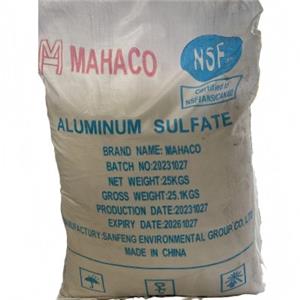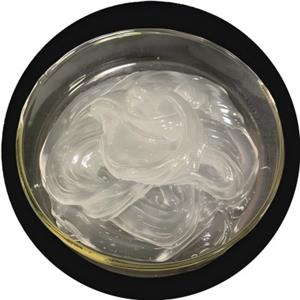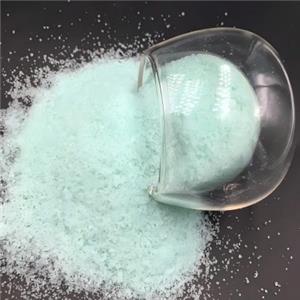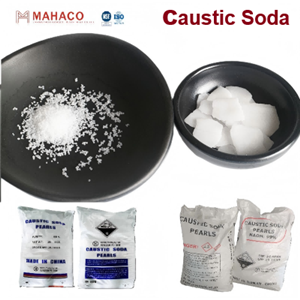Can SLES in Shampoo Cause Irritation
Industry News: SLES and Shampoo Safety Under the Spotlight
In recent years, the cosmetic and personal care industry has seen increasing scrutiny regarding the ingredients used in everyday products. One such ingredient, Sodium Laureth Sulfate (SLES), commonly found in shampoos, has come under the microscope for its potential to cause skin and scalp irritation. Zhengzhou Mahaco Industrial Co.,Ltd ("MAHACO"), a leading supplier of cosmetic raw materials, provides an in-depth look at SLES’s role in shampoo formulations and its safety profile.
As consumer awareness grows, companies like MAHACO are committed to transparency and education about the ingredients in their products. This article explores the latest research, industry trends, and practical advice for both manufacturers and consumers regarding SLES in shampoo.
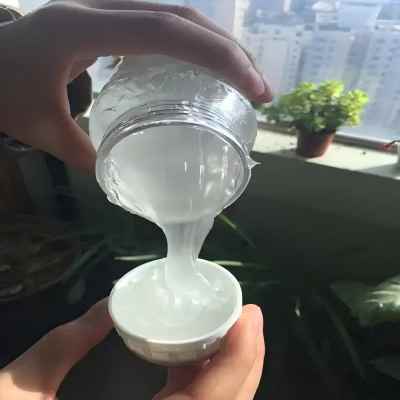
What is SLES and Why Is It Used in Shampoo?
Sodium Laureth Sulfate (SLES) is a surfactant, meaning it helps shampoos foam and remove dirt and oil from the hair and scalp. Its effectiveness and cost-efficiency make it a popular choice among manufacturers worldwide, including those supplied by MAHACO. SLES is derived from palm kernel oil or coconut oil and is chemically modified to enhance its cleansing properties.
Despite its widespread use, SLES is often confused with Sodium Lauryl Sulfate (SLS), another surfactant with a harsher profile. SLES is considered milder due to an additional ethoxylation step in its production, which reduces its potential for irritation. However, concerns remain about its impact on sensitive skin and long-term use.
Can SLES Cause Irritation?
Multiple studies have investigated the irritation potential of SLES in shampoo. While SLES is generally regarded as safe for most users, it can cause mild irritation, particularly for individuals with sensitive skin or pre-existing scalp conditions. The degree of irritation often depends on concentration, frequency of use, and the presence of other ingredients that may exacerbate sensitivity.
MAHACO emphasizes the importance of proper formulation. By balancing SLES with conditioning agents and soothing extracts, manufacturers can minimize irritation while maintaining effective cleansing. According to industry guidelines, SLES concentrations in shampoos typically range from 5% to 20%, with lower concentrations favored for sensitive skin products.
Industry Trends: Moving Toward Gentler Formulations
The cosmetic industry is witnessing a shift toward gentler, more skin-friendly formulations. MAHACO reports that many brands are now seeking alternative surfactants or blending SLES with milder agents to reduce irritation risks. The rise of sulfate-free shampoos reflects this trend, catering to consumers who prefer products with minimal chemical exposure.
In addition to SLES, the keywords cocamidopropyl betaine and hair care ingredients are gaining prominence in industry discussions. Cocamidopropyl betaine, a mild amphoteric surfactant, is often used alongside SLES to boost foam and reduce irritation. Hair care ingredients such as botanical extracts, proteins, and moisturizers are increasingly integrated into formulations to enhance product performance and consumer appeal.
Latest Research and Regulatory Perspectives
Regulatory agencies such as the European Commission and the U.S. Food and Drug Administration (FDA) have evaluated SLES for safety. Both agencies consider SLES safe for use in rinse-off products like shampoo, provided it is used within recommended concentrations. However, they advise caution for leave-on products and recommend thorough rinsing to minimize residue.
Recent research highlights the importance of patch testing for individuals with sensitive skin. MAHACO recommends that manufacturers clearly label products containing SLES and provide guidance for consumers with known sensitivities. Ongoing studies are also exploring the long-term effects of frequent SLES exposure, particularly in children and those with chronic scalp conditions.
MAHACO’s Approach to Ingredient Safety and Innovation
As a reputable supplier, Zhengzhou Mahaco Industrial Co.,Ltd takes ingredient safety seriously. MAHACO collaborates with cosmetic brands to develop innovative, low-irritation formulations that meet consumer expectations for efficacy and gentleness. By leveraging the latest research and industry best practices, MAHACO ensures that its clients are equipped to respond to evolving market demands.
MAHACO also provides technical support and regulatory guidance, helping brands navigate the complexities of ingredient selection and compliance. The company’s portfolio includes SLES, cocamidopropyl betaine, and a wide range of hair care ingredients designed for diverse applications.
Consumer Tips: Choosing the Right Shampoo
Check the ingredient list for SLES and other surfactants.
If you have sensitive skin or scalp, opt for shampoos with lower SLES concentrations or sulfate-free alternatives.
Look for products that include conditioning agents and soothing extracts.
Consider shampoos formulated with cocamidopropyl betaine for added mildness.
Consult with a dermatologist if you experience persistent irritation.
Industry Outlook: What’s Next for Shampoo Formulations?
The future of shampoo formulation is centered on safety, sustainability, and performance. MAHACO anticipates continued growth in demand for gentle surfactants and natural hair care ingredients. Advances in green chemistry and biotechnology are enabling the development of novel ingredients that deliver cleansing power without compromising scalp health.
Manufacturers are also exploring biodegradable surfactants and plant-based alternatives to SLES, reflecting broader industry efforts to reduce environmental impact. As consumer preferences evolve, MAHACO remains committed to supporting brands in creating innovative, effective, and safe hair care products.
Conclusion
SLES remains a key ingredient in many shampoos, valued for its cleansing ability and cost-effectiveness. While it may cause irritation in some individuals, proper formulation and the inclusion of mild surfactants like cocamidopropyl betaine can significantly reduce this risk. Zhengzhou Mahaco Industrial Co.,Ltd (MAHACO) continues to lead the way in ingredient safety, innovation, and regulatory compliance, helping brands deliver products that meet the highest standards of quality and consumer satisfaction.
For more information on SLES, cocamidopropyl betaine, and other hair care ingredients, or to explore MAHACO’s product offerings, visit the company’s official website or contact their technical team for expert advice.

